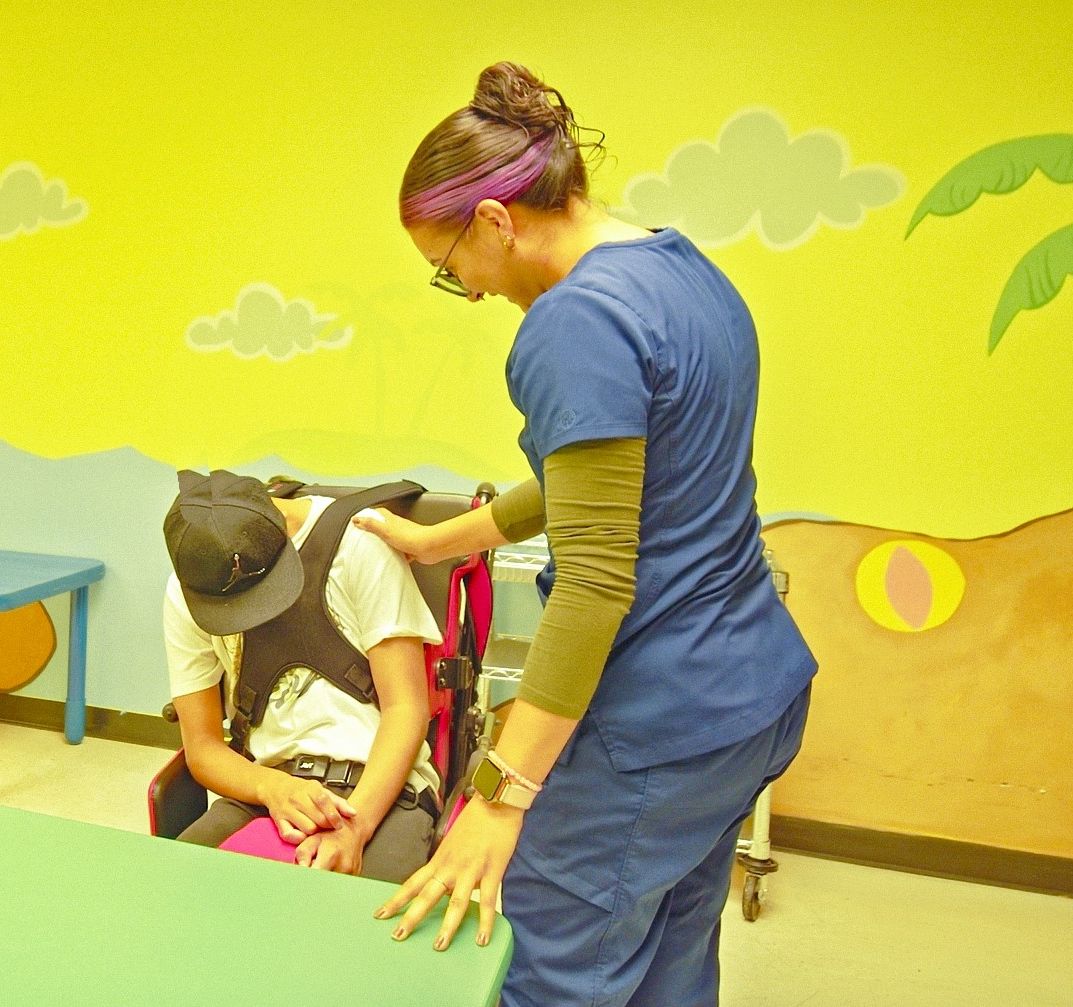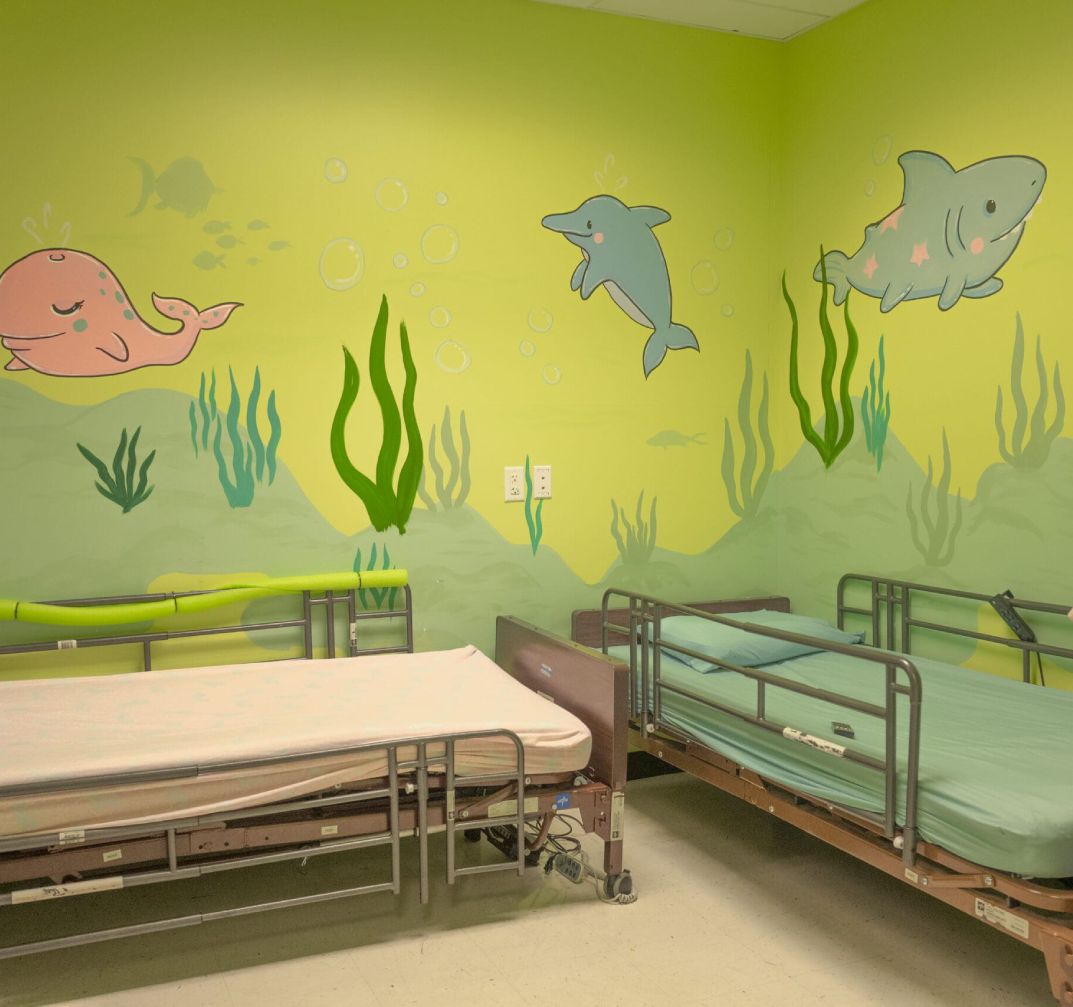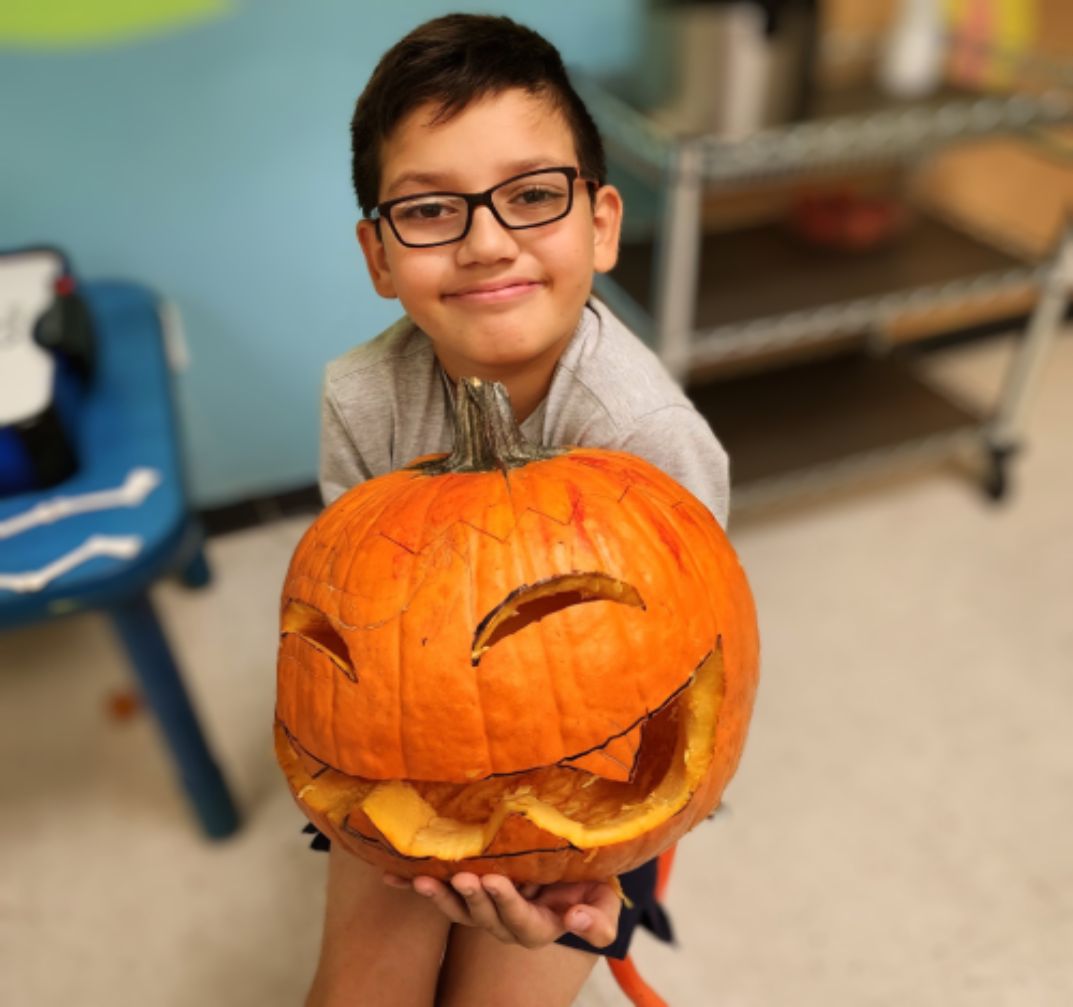Regular monitoring and administration of medications, including injections.
Regular assessments of heart rate, blood pressure, temperature, and other vital signs.
Specialized feeding support, including tube feeding (G-tube, NG-tube), oral feeding therapy, and nutritional monitoring.
Management of respiratory needs, including oxygen therapy, suctioning, nebulizer treatments, and tracheostomy care.
Monitoring and management of catheters and ostomies to ensure proper hygiene and functionality.

Comprehensive assessments to create tailored care plans that meet each child’s specific medical and developmental needs.
Regular check-ups and health monitoring to track progress and adjust care plans as needed.

Structured play sessions that promote physical, social, and cognitive development.
Activities designed to engage and develop sensory skills, such as tactile, auditory, and visual stimulation.
Creative sessions that encourage expression and enhance fine motor skills.
Opportunities for children to interact with peers, promoting social skills and friendships in a safe environment.

Structured play sessions that promote physical, social, and cognitive development.
Emotional support and counseling for families navigating the challenges of caring for a child with medical needs.
Collaboration with physicians, specialists, and schools to ensure continuity of care and support across various settings.

Diet plans tailored to meet the medical and dietary needs of each child, including those with feeding difficulties or allergies.
Nutritious meals and snacks provided throughout the day to support growth and development.
